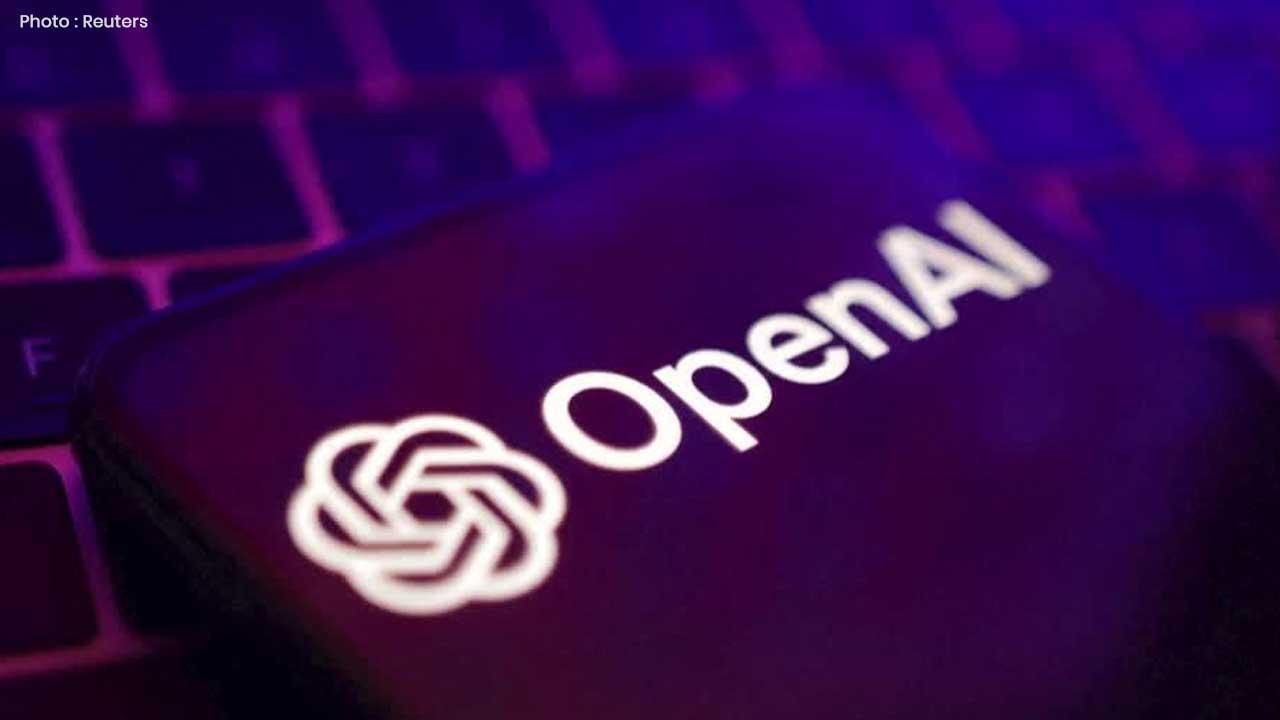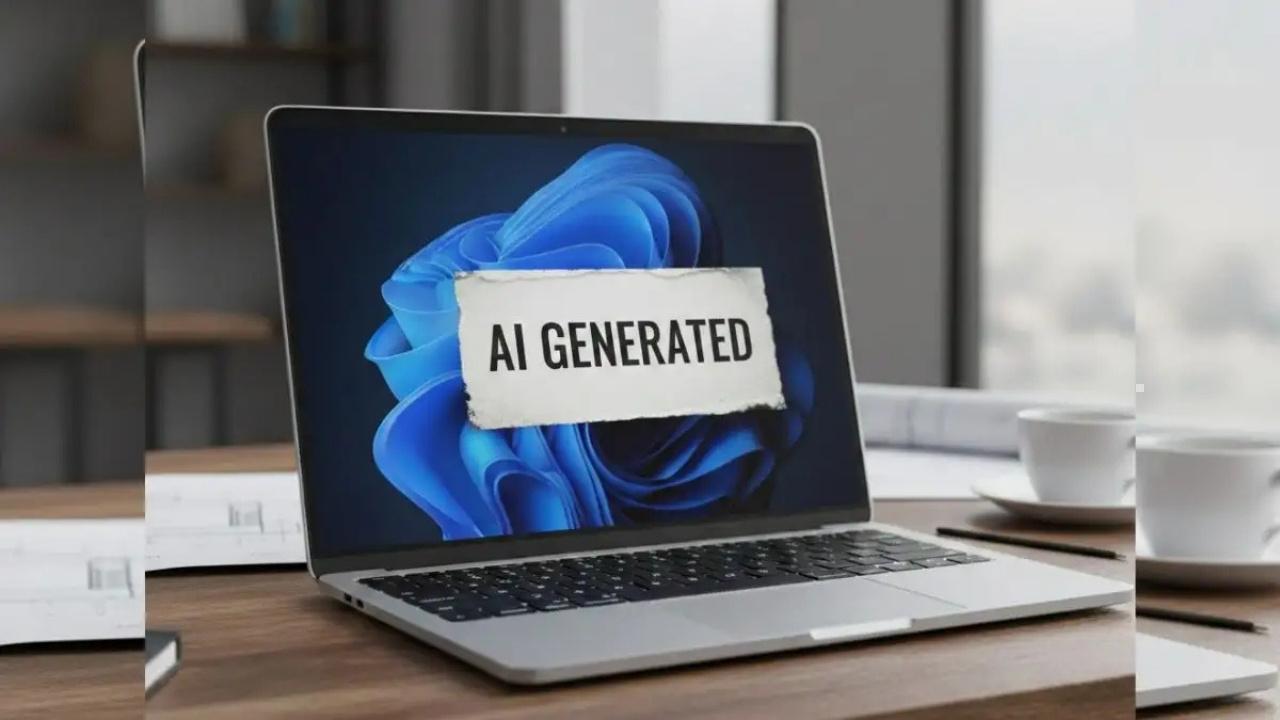You have not yet added any article to your bookmarks!

Join 10k+ people to get notified about new posts, news and tips.
Do not worry we don't spam!

Post by : Rameen Ariff
A new chapter in the world of technology has begun as OpenAI launches Atlas browser, marking the company’s bold entry into the highly competitive web browser market. The OpenAI Atlas browser aims to challenge Google Chrome, one of the world’s most dominant browsers, by combining artificial intelligence with modern browsing tools to create a smarter, faster, and more intuitive online experience.
The OpenAI Atlas browser launched Tuesday for Apple laptops and will soon expand to Microsoft Windows, Apple’s iOS, and Google’s Android systems. This move signals OpenAI’s growing ambition to make Atlas browser the new gateway to online searches, drawing millions of users to its AI-powered ecosystem. By positioning the OpenAI Atlas browser as a search and productivity companion, the company hopes to attract internet traffic and tap into digital advertising revenue, a market long dominated by Google.
OpenAI’s CEO Sam Altman described the Atlas browser as a “once-a-decade opportunity to rethink what a browser can be.” He emphasized that the OpenAI Atlas browser is designed to integrate seamlessly with ChatGPT, offering users a personalized browsing assistant that learns from their habits, anticipates their needs, and helps them navigate the web more efficiently. “Tabs were great,” Altman said, “but we haven’t seen a lot of browser innovation since then.”
The launch of the OpenAI Atlas browser comes at a crucial time. Despite ChatGPT’s 800 million users, OpenAI continues to search for profitable ventures. The company, currently valued as the world’s most valuable startup, spends heavily on computing power and development. With the Atlas browser, OpenAI hopes to diversify its revenue streams, transforming everyday browsing into a more interactive and AI-supported experience.
A standout feature of the OpenAI Atlas browser is its “agent mode,” which allows the AI to act on behalf of the user. In this mode, the browser can access the laptop, perform searches, click through websites, and even summarize findings—essentially “using the internet for you.” This innovative feature could redefine the relationship between humans and browsers, turning the OpenAI Atlas browser into a true digital assistant rather than just a search tool.
However, the OpenAI Atlas browser faces an enormous challenge in unseating Google Chrome, which boasts over 3 billion global users. Chrome’s dominance and continuous integration of Google’s Gemini AI technology make it a formidable competitor. Yet, history shows that disruption is possible. When Chrome debuted in 2008, few believed it could rival Microsoft’s Internet Explorer—until it revolutionized browsing with speed and simplicity.
Industry observers believe that the OpenAI Atlas browser could follow a similar trajectory if it delivers on its promise of smarter AI-driven interaction. Altman envisions a future where the traditional URL bar disappears, replaced by a conversational chatbot interface at the heart of every browsing session. This vision aligns with the growing trend of AI-powered tools transforming how people interact with the digital world.
Interestingly, OpenAI’s push into browser technology follows reports that one of its executives had previously expressed interest in acquiring Chrome, had the U.S. court ruled against Google in an antitrust case. While that did not happen, the OpenAI Atlas browser now offers the company a chance to compete head-on without relying on acquisitions.
Smaller AI companies like Perplexity have also joined the browser race, introducing their own Comet browser earlier this year. Still, with its massive user base and advanced technology, OpenAI stands uniquely positioned to challenge the status quo.
As the OpenAI Atlas browser begins its rollout, the tech world watches closely. Can OpenAI reshape how billions of people access the internet? Will Atlas become the next major browser success story like Chrome once did? One thing is certain—the OpenAI Atlas browser marks a turning point in how artificial intelligence and human curiosity meet in the digital age










More Than a Ticket Out: How IPOs Are Redefining Value for Startups and Investors
In the evolving startup ecosystem, initial public offerings (IPOs) have emerged as far more than exi

Study Warns Using AI for Medical Advice Is ‘Dangerous’ as Users Get Inaccurate Health Guidance
A major new study reveals that artificial intelligence (AI) chatbots and tools may give misleading o

Top Sci-Fi Movies Streaming on Netflix This February: Must-Watch Picks for Genre Fans
A curated news-style guide to the best science fiction films currently available on Netflix in Febru

BCCI Central Contracts Shake-Up: Kohli, Rohit Moved to Grade B as Board Reshapes 2025–26 List
Virat Kohli and Rohit Sharma have been placed in Grade B in the BCCI’s 2025–26 central contract list

Dalal Street Spotlight: Top 10 Stocks Investors Are Watching as Markets Open on a High
Indian stock markets begin the week with strong momentum, and several blue-chip and mid-cap stocks a

Market Movers Today: Key Stocks Set To Watch In Indian Markets
Indian equity markets are poised for active trading as several major companies, including Bharti Air